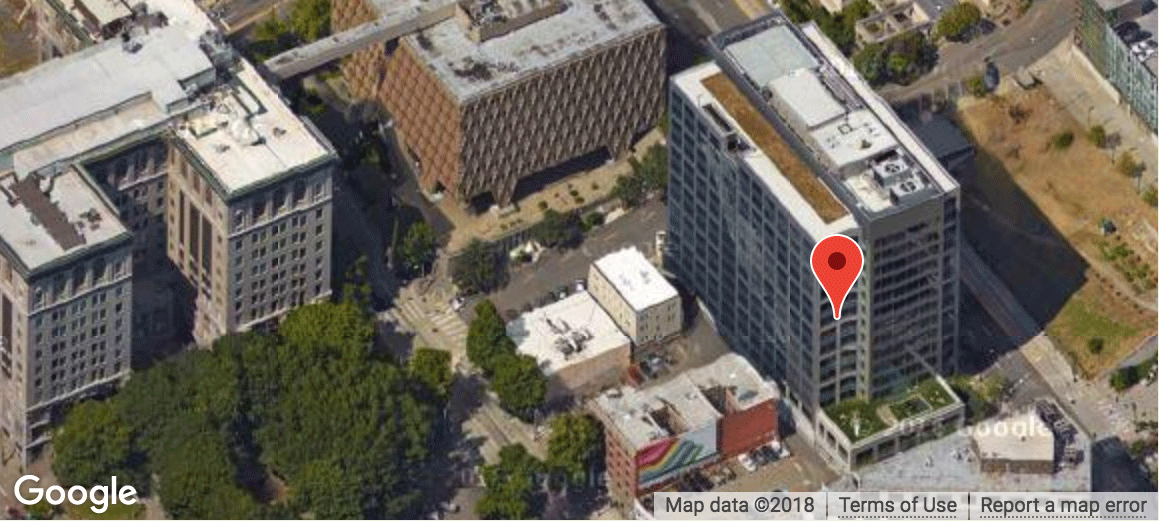King County invests $30 million to strengthen behavioral health workforce and increase access to services
Summary
King County Executive Dow Constantine announced a workforce investment of $30 million for behavioral health providers in the King County Integrated Care Network. By increasing payments to Medicaid providers, King County will enable behavioral health agencies to increase salaries and help stabilize the workforce.
Story
King County Executive Dow Constantine announced an investment of $30 million in partnership with the five managed care organizations of the innovative King County Integrated Care Network, resulting in a 15 percent Medicaid rate increase to help stabilize the behavioral health system in the region. Investing in the behavioral health workforce is a key component of the Crisis Care Centers initiative and is central to King County’s efforts in addressing a crumbling behavioral health system and increasing access to services and treatment.
The 15 percent Medicaid rate increase is applicable to all Medicaid behavioral health providers and services within the King County Integrated Care Network (KCICN), and will go into effect this month, applying retroactive to January 1, 2023. The 2023 rate increase applies to all Medicaid and state funded programs, and programs where Medicaid is a part of the overall funding source. The state’s budget also invests in a 15 percent Medicaid rate increase in 2024.
“At King County, we envision a behavioral health system that is connected, accessible, and culturally responsive, and can meet the growing need for care, none of which is possible without a strong workforce,” said Executive Constantine. “Behavioral healthcare has been devalued for too long and we must stabilize and strengthen the system to meet the demand. So, we will seize this rare opportunity to address historic underfunding of the community behavioral health system. There is no question that investing these funds in the behavioral health workforce is the most impactful way to build up the overall system.”
King County Behavioral Health and Recovery Division (BHRD) in the Department of Community and Human Services oversees the finances and operations of the KCICN and this month began distributing the increased provider funds for 2023. King County is committed to building off this investment and developing a plan with state and other partners to implement a three-year rate increase.
“King County is making necessary investments in support services through the Crisis Care Centers initiative, which complements federal efforts around 988 and improved access to crisis resources,” said Michael Byun, Executive Director of the Asian Counseling and Referral Service. “This 15 percent increase for community behavioral health providers is critically important to secure a more holistic approach in addressing the growing needs and complex mental health challenges in our region. The communities ACRS serves are no longer only immigrants and refugees. The number of American born Asians who hold multiple identities from race to sexuality is growing, and we need resources to train and support existing clinicians to better serve these populations. These investments are key for the workforce and for the response to evolving community needs.”
With staff vacancies double what they were in 2019 for the behavioral healthcare system, and a workforce paid 20 percent less than comparable physical health care workers, King County is taking decisive action to invest Medicaid funds into the workforce. According to a recent Milliman Study, rates must increase dramatically to cover provider’s true costs. Milliman conducts research and evaluation on the impact of current and future mental health and substance use disorder policy.
In January 2023, BHRD monitored and evaluated all revenue and expenditures. As part of that analysis, BHRD estimates a rate increase between 30-150 percent, varying by service type, is required to bring the system closer to the rate structure identified by Milliman.
The KCICN is a partnership that consists of over 40 community-based behavioral health agencies and five managed care organizations (MCO): Amerigroup, Community Health Plan of Washington, Coordinated Care, Molina Healthcare, and United Healthcare to provide care for people enrolled in Medicaid in this region. The KCICN ensures King County residents who are eligible for Medicaid and need community-based behavioral health treatment have access to comprehensive care regardless of their managed care plans. One of the primary goals of the KCICN is increasing rates is to stabilize the current community behavioral health system and provide additional revenue to support necessary wage increases and address workforce challenges.
Relevant links
- King County Behavioral Health and Recovery Division
- Crisis Care Centers
- King County Department Community and Human Services
Quotes
At King County, we envision a behavioral health system that is connected, accessible, and culturally responsive, and can meet the growing need for care, none of which is possible without a strong workforce. Behavioral healthcare has been devalued for too long and we must stabilize and strengthen the system to meet the demand. So, we will seize this rare opportunity to address historic underfunding of the community behavioral health system. There is no question that investing these funds in the behavioral health workforce is the most impactful way to build up the overall system.
King County is making necessary investments in support services through the Crisis Care Centers initiative, which complements federal efforts around 988 and improved access to crisis resources. This 15 percent increase for community behavioral health providers is critically important to secure a more holistic approach in addressing the growing needs and complex mental health challenges in our region. The communities ACRS serves are no longer only immigrants and refugees. The number of American born Asians who hold multiple identities from race to sexuality is growing, and we need resources to train and support existing clinicians to better serve these populations. These investments are key for the workforce and for the response to evolving community needs.”
For media inquiries, contact:
Chase Gallagher, Executive Office, 206-263-8537

 Translate
Translate

